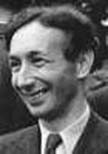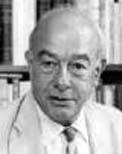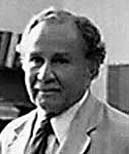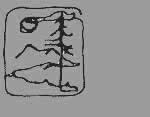 |
 |
 |
 |
 |
 |
 |
Language
and Mind: a
group contract |
 |
Program Description
During the first four weeks, students studied Descartes’ Meditations
on First Philosophy, selections from Locke’s Essay on Human
Understanding, Kant’s Prolegomena to Any Future Metaphysics
in its entirety, and then selections from The Critique of Pure Reason.
Kant’s critical idealism set the stage for the transformation of
“the problem of knowledge” into first a critique of mind and
then a critique of language. Ayer’s Language, Truth and Logic
served as a brief for “logical positivism,” which completed
preparation for close work on three seminal mid-century works in analytic
philosophy: Quine’s “Two Dogmas of Empiricism,” Wittgenstein’s
Philosophical Investigations, and Wilfrid Sellars’ “Empiricism
and the Philosophy of Mind.” Sellars’ careful recapitulation
of the history of Western epistemology provided closure for one of the
most significant developments in Western philosophy, treating mind as
an “ingrowth” of language rather than language as an “outgrowth”
of mind - the so-called “linguistic turn.”
Students worked intensively in seminar two full days a week, taking turns
as discussion leaders who had prepared by “pre-seminaring”
on their own. Each week those not leading seminar wrote short essays on
assigned topics, either posting them on the web for peer review or submitting
them for faculty critique. Seminars were carried out in two groups of
about a dozen students each.
Most students completed an independent project on a topic of their own
choosing. Some of these projects were closely tied to the assigned curriculum;
others were tangential but addressed to topics that had drawn the student
to the curriculum in the first place. Project work was ongoing throughout
the quarter: students met weekly to present and discuss what they were
learning.